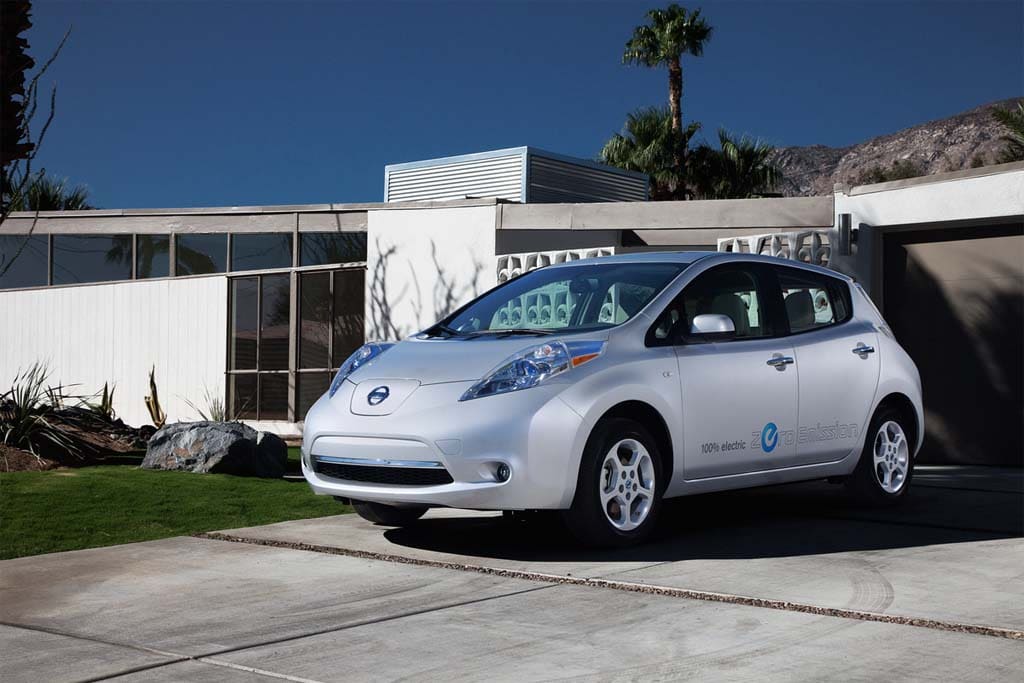President Barack Obama, announced with the support of the major auto manufacturers a plan Friday to increase average fuel economy of new cars and trucks on 54.5 miles per gallon by 2025, nearly double currents.
"This agreement on fuel standards is the most important single step we ever as the nation took, to reduce our dependence on foreign oil" Obama said at a Washington event with top automaker executives and labor leaders.
The new standards are the result of a compromise with the industry, after the White House would have originally proposed even higher requirements, the corporate average fuel economy, or Cafe, standard to 62 mpg.
The plan announced Friday calls for a fleet-wide average 54.5 mpg-- for cars higher or lower for "light trucks," a category that includes pickups and sport utility vehicles.
The fleet standard put on 27.5 two decades it under the Obama administration raised the increase, set model of 30.2 this year to 35.5 mpg in 2016. An additional annual improvement from 5 percent in the fuel consumption the new rules would require car from 2017 through 2025. For light commercial vehicles of the standard would increase 3.5 percent a year 2021 from 2017 and 5 per cent per year from 2021 to 2025.
The White House said that the new rules sold have won the support of the automaker 90 percent of the vehicles in the United States.
The compromise was a bit surprised and looked unlikely that even a few days, according to the TheDetroitBureau.com. According to David Strickland, head of the national highway traffic safety initial administration, not important parties the last language until almost midnight Thursday.
Some automakers and analysts have warned that the technology, the new standards required thousands of dollars costs for a typical new car Add. But the White House says, the savings at the pump, balanced by it is said that $8,000 up to 2025 would average during the lifetime of a vehicle.
The White House figures based rising gas prices a modest 13% from 2015 to 2025 and is powered vehicles, average 15,000 a year.
"We share the management aim of the great advances in vehicles the clean, fuel-efficient," said Toyota's Jim Lentz. "Obviously, there is still much uncertain, as the market is reacting and what vehicle technologies will include consumers, which is why we roll out and test a number of alternative fuel options."
An environmental group welcomed the new standards, but said that she could have even more.
The group, the American Council for an energy efficient economy, it pointed out that actual miles achieved by cars and light commercial vehicles in the 2020s are much lower than the published CAFE standards, which are based on laboratory tests instead of real street performance.
"This is an important step in reducing our dependence on oil and consumer sensitivity to high gasoline costs," said Therese Langer, transportation program director for the ACEEE. "By the year 2030, this could import stored currently combined round standards more oil than we Saudi Arabia and Iraq,."
But she added that the announced standards "could be undermined Rulemaking it", before they are completed. A notice of the proposed Rulemaking be published by end of September, opening a public comment period, federal officials said.
"The next few months to ensure that the benefits, which promises this program implemented are crucial," said Langer.
© 2011 msnbc.com reprints






